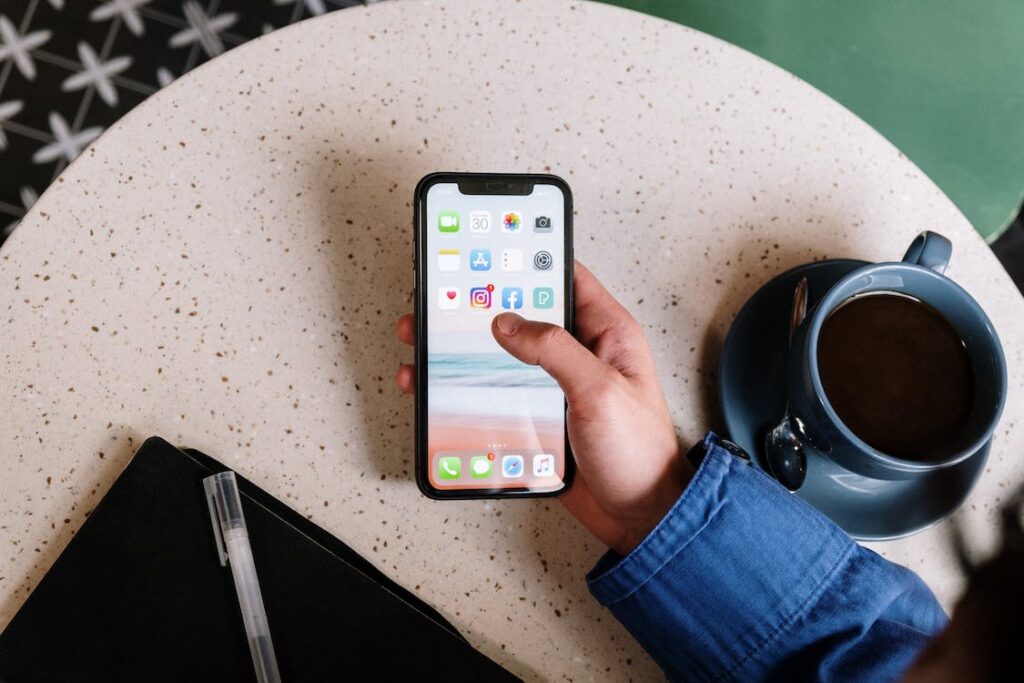When we talk about marketing strategies for relationship coaches, the basics remain the same; they’re constant no matter which niche of coaching you belong to – life coaching, leadership coaching, career coaching, business coaching… And if you’re going to be attempting to execute a marketing plan for the first time for your coaching business, we suggest taking the time to understand the basics before getting into the specific suggestions we are going to dive deeper into here. You can find out more about those here.
However, when it comes to relationship coaching, the marketing strategy would need to be somewhat tailored to suit your unique style to help connect you to the right set of prospects. Furthermore, in a cluttered market, exploring some unique and offbeat strategies may be worthwhile.
Let’s take a look at some examples of what you could experiment with!
1. Immersive workshops & retreats
This strategy may seem like an overreach, but in the niche of relationship coaching, it can actually work well if executed with intention. Several popular and renowned relationship experts hold retreats & workshops that draws up big crowds of people. Esther Peral, a renowned psychotherapist and relationship expert, and Matthew Hussey, a dating and relationship expert & coach, are just a few examples of people who have been able to use this strategy successfully for their business.
Of course, a boutique coaching business will benefit in the same way on a small scale. Retreats like these can be a combination of coaching sessions, workshops, and relaxation activities, providing singles as well as couples unique and transformative experiences. You could even differentiate yourself and attract clients who are seeking a more intensive and memorable coaching experience by offering a more immersive and luxurious setting for the retreat.
2. Webinars & online courses
Offering online courses or free webinars is a great way to address specific (and common) challenges that people face in relationships. Relationship coaches like Laura Doyle and John Gray have used this strategy successfully for their respective coaching practices.
Using courses and webinars, they provide comprehensive content, interactive exercises, and group support to help clients overcome obstacles and improve their relationships. By offering these structured programs, you will be able to attract clients seeking a more hands-on yet less intense approach to relationship coaching.
And keeping your offerings spread out across one-off webinars, a self-paced course, or a group coaching engagement enables you to keep your offerings priced in a variety of ways and attract a larger pool of prospects with different levels of investment capabilities.
3. Digital media: Quizzes, polls, and challenges
Some relationship coaches are making incredible use of social media or even email to organize online relationship challenges or bootcamps where participants sign up for a specific period (e.g., 7 days or 30 days) to receive daily relationship advice, exercises, or prompts to work on. These challenges create engagement, build a sense of community, and provide the audience a taste of the coach’s expertise. At the end of the challenge, coaches can use the opportunity to offer their services or programs to participants who are interested in further support. And the likelihood of conversion is going to be much higher because these individuals would be, as they say in the sales world, hot leads.
If doing a 30- or 7-day challenge seems too much for you, you can start with conducting quizzes and polls and using the responses to strike up a conversation with your clients on social media, thus setting the stage for a buy in later. Real-time interactions like these allow you to engage directly with your audience, answer their questions, and provide immediate guidance where possible to build trust.
4. A dedicated YouTube channel
This is a popular strategy employed by relationship coaches such as Matthew Hussey and Mark Groves. By consistently producing high-quality videos and engaging with their audience in the comments section, they have grown their subscriber base and attracted many clients into their business.
Having an engaging channel on YouTube where you can share relationship advice, tackle common relationship issues, answer viewer questions, and provide practical tips is a great way of generating leads for your business. The YouTube channel can act as that free resource, a top sales funnel, to warm up your leads and nurture them into taking up your coaching services in the future or even sign up for a workshop or retreat (like we discussed above!) if you decide to open that up in your business.
5. Strategic collaborations & partnerships
Collaborating with influencers or social media personalities who have a large following in the relationship or self-help niche is a great marketing strategy for a relationship coach. This means you are not collaborating with your direct competitors but those who compliment you and your offering – a win-win for everyone.
This can involve having guests do special appearances on your channels, doing a joint content creation initiative, or even endorsements. Leveraging an influencer’s audience can allows you to reach a broader demographic and gain exposure to potential clients who may not have otherwise discovered your services. Tapping into a audience by this way of cross-pollination is a proven strategy employed by influencers, content creators as well as service providers such as yourself!
And that brings us to the end of this article. The above examples are meant to inspire creativity and showcase diverse approaches that relationship coaches can take (and have taken!) to market their business. The key is to find strategies that align with your unique strengths, target audience, and your overall business goals.
FAQs
1. How do relationship coaches get clients?
Relationship coaches can acquire clients through a combination of marketing efforts and building a professional network. They can leverage online platforms, such as their website and social media channels to showcase their expertise and attract potential clients.
Another great way to gain clients is by offering free resources such as e-books or webinars, to capture leads and build an email list. Referrals, too, have proven to be successful in getting more clients. Speaking engagements, workshops, and collaborations with influencers are other additional ways of gaining prospects.
About Simply.Coach
Simply.Coach is an enterprise-grade coaching software designed to be used by individual coaches and coaching businesses. Trusted by ICF-accredited and EMCC-credentialed coaches worldwide, Simply.Coach is on a mission to elevate the experience and process of coaching with technology-led tools and solutions.
Read More:
7 Relationship Coaches to Follow in 2023
Unlocking the Secrets of Life Coaching Marketing
Mastering Life Coach Marketing: Essential Strategies for Building Your Coaching Practice
Managing Your Coaching Business’ Finances: Tips and Strategies
How to Build a Strong Reputation and Word-of-Mouth Referrals as a Life Coach
Creating and Maintaining a Positive Coaching Environment: Tips for Life Coaches

Content Marketing Manager @ Simply.Coach
Ipsita Nayak is a full-time writer-editor-content strategist and a part-time NLP coach and yoga teacher. She believes conventions are overrated, has a disproportionate need for solo time over social time, and loves a good mix of sci-fi and trashy TV in her free time!





![How to Get Your First Life Coaching Clients [8 Easy Ways]](https://simply.coach/wp-content/uploads/2022/09/photo-1521791136064-7986c2920216.jpg)



